This Wednesday, November 13, the US Congress is set to hold another hearing on the subject of Unidentified Anomalous Phenomena (UAPs), the term now commonly used for what were traditionally called UFOs.
Led by the House Oversight Committee and chaired by Representative Nancy Mace, this hearing will focus on recent findings from the Pentagon's investigations into UAPs. This hearing follows a wave of interest in UAPs across both the public and political sectors, with calls for transparency and national security implications under scrutiny.
One of the four witnesses scheduled to testify is Luis Elizondo, a former U.S. military intelligence officer who once led the Pentagon's UAP research program. Luis' involvement in this week's hearing could be pivotal. After resigning from his role in 2017, he has publicly advocated for greater transparency regarding UAPs, working with the government, media, and the public to raise awareness and push for policy changes. Known for his role in the Advanced Aerospace Threat Identification Program (AATIP), which investigated unidentified aerial phenomena, Luis brings significant experience from his senior roles in U.S. intelligence. Since his departure from government work, he has become a prominent figure, demanding accountability and clarity on UAP issues from those in power.
This year's hearing, much like the one held in 2023, has seen bipartisan interest. The 2023 hearing involved former military and intelligence officials reporting encounters with UAPs that appeared technologically advanced and posed potential security threats. While the current hearing's witness list remains largely under wraps to prevent potential intimidation of those testifying, we do know that, in addition to Luis, other witnesses include retired Navy admiral Tim Gallaudet, a former NASA official Michael Gold, and investigative journalist Michael Shellenberger, who recently claimed to have uncovered a potential secret UAP data collection programme, allegedly codenamed 'Immaculate Constellation'.
In his written testimony submitted before the hearing, Luis outlines several critical changes he believes Congress must urgently address to make meaningful progress on UAP matters.
One of his primary concerns is the fragmented way in which UAP oversight is currently handled across numerous government agencies. He argues that this scattered approach, with each department - whether it be the CIA, NASA, or the Pentagon - pursuing UAP research independently, creates a lack of coherence and accountability. Without a single authority overseeing these efforts, Luis warns, the system is vulnerable to unchecked power and even potential corruption. He advocates for a centralised, accountable point of contact to streamline and oversee all UAP-related activity, ensuring that each agency's findings contribute to a coordinated national approach.
Luis also believes that rebuilding public trust in government institutions is essential. He notes that secrecy surrounding UAP matters has eroded confidence in the authorities responsible for investigating and informing the public about these phenomena.
For him, a more transparent national UAP strategy is key to addressing this issue. Luis proposes that such a strategy should openly share findings with the public and collaborate with experts from universities, private companies, and other countries.
Another critical issue for Luis is the need to protect whistleblowers - those within government circles who may hold valuable information about UAP programmes but are reluctant to come forward due to fear of backlash or punishment. He stresses that Congress must create a safe and legal environment where these individuals feel secure to speak up without risking retaliation or career harm.
One of the more sensational topics that could come up during the hearing is a rumoured Pentagon programme named 'Immaculate Constellation'. Allegedly, this is a secretive project that collects and analyses UAP data, with potentially high levels of classification and secrecy surrounding it.
While the Pentagon has denied the existence of such a programme, the rumour persists, and some believe withholding this information could violate congressional oversight laws. Michael Shellenberger has suggested that this programme might operate beyond Congress's current purview, which, if true, would be a serious breach of legislative oversight.
Below, we've included Luis Elizondo's full written testimony, which provides a sneak peek at the arguments he believes are crucial to advancing public knowledge and trust on this topic ahead of Wednesday's hearing.
Written Testimony Of Luis Elizondo
Greetings, Chairwoman Mace, Chairman Grothman, Ranking Members Connolly and Garcia, and Members of the Committee. It is my honor and privilege to testify before you on the issue of unidentified anomalous phenomena, formerly known as UFOs. On behalf of our brave men and women in uniform and across the intelligence community, as well as my fellow Americans who have awaited this day, thank you for your leadership on this important matter.
Let me be clear: UAP are real. Advanced technologies not made by our Government – or any other government – are monitoring sensitive military installations around the globe. Furthermore, the U.S. is in possession of UAP technologies, as are some of our adversaries. I believe we are in the midst of a multi-decade, secretive arms race— one funded by misallocated taxpayer dollars and hidden from our elected representatives and oversight bodies.
For many years, I was entrusted with protecting some of our nation's most sensitive programs. In my last position, I managed a Special Access Program on behalf of the White House and the National Security Council. As such, I appreciate the need to protect certain sensitive intelligence and military information. I consider my oath to protect secrets as sacred and will always put the safety of the American people first. With that said, I also understand the consequences of excessive secrecy and stove-piping. Nowhere was this more apparent than in the aftermath of 9/11, which many of us remember all too well.
I believe that America’s greatness depends on three elements:
● a watchful Congress;
● a responsive Executive Branch; and
● an informed public.
Over the last decade and a half, I learned that certain UAP programs were, and are, operating without any of these elements.
Although much of my Government work on the UAP subject still remains classified, excessive secrecy has led to grave misdeeds against loyal civil servants, military personnel, and the public – all to hide the fact that we are not alone in the cosmos.
A small cadre within our own Government involved in the UAP topic has created a culture of suppression and intimidation that I have personally been victim to, along with many of my former colleagues. This includes unwarranted criminal investigations, harassment, and efforts to destroy one’s credibility.
Most Americans would be shocked to learn that the Pentagon’s very own Public Affairs Office openly employs a professional psychological operations officer as the singular point of contact for any UAP-related inquiries from citizens and the media. This is unacceptable.
Many of my former colleagues and I have provided classified testimony to both the Department of Defense and the Intelligence Community Inspector General. Many of us have subsequently been targeted by this cabal with threats to our careers, our security clearances, and even our lives. This is not hyperbole, but a genuine fact, and this is wrong.
To fix these problems, I propose three principal actions:
● First, Congress and the President should create a single point- of-contact responsible for a whole-of-government approach to the UAP issue. Currently, the White House, CIA, NASA, the Pentagon, Department of Energy, and others play a role, but no one seems to be in charge, leading to unchecked power and corruption.
● Second, we need a national UAP strategy that will promote transparency and help restore the American public’s trust at a time when the public’s trust is at an all-time low. This strategy should include a whole-of-government approach, including the academic and scientific communities, the private sector, and our international partners and allies.
● Third, Congress should create a protected environment so whistleblowers, desperate to do the right thing, can come forward without fear. As it currently stands, these whistleblowers suffer because of stigma, a code of silence, and concerns about retaliation. These whistleblowers should be encouraged to come forward in ways that protect them against any forms of retaliation. Policies and procedures should ensure that protection. And for those who refuse to cooperate, it is up to the Members of this Committee and other lawmakers to wield their subpoena power against hostile witnesses and prevent additional Government funding to those UAP efforts that remain hidden from Congressional oversight.
In closing, we as Americans, have never been afraid of a challenge. In fact, we thrive on them. Whether it’s eradicating polio or going to the moon. We don’t run from a challenge; we take it head on. To the incoming Administration and Congress, I say to you, we need immediate public transparency, and this hearing is an important step on that journey. If we approach the UAP topic in the same way we as Americans have met other challenges, we can restore our faith in our government institutions. Together, we can usher in a new era of accountable government and scientific discovery. I believe that we as Americans can handle the truth. And I also believe the world deserves the truth. Thank you, esteemed members of Congress, for your time today. It is profoundly appreciated by many.
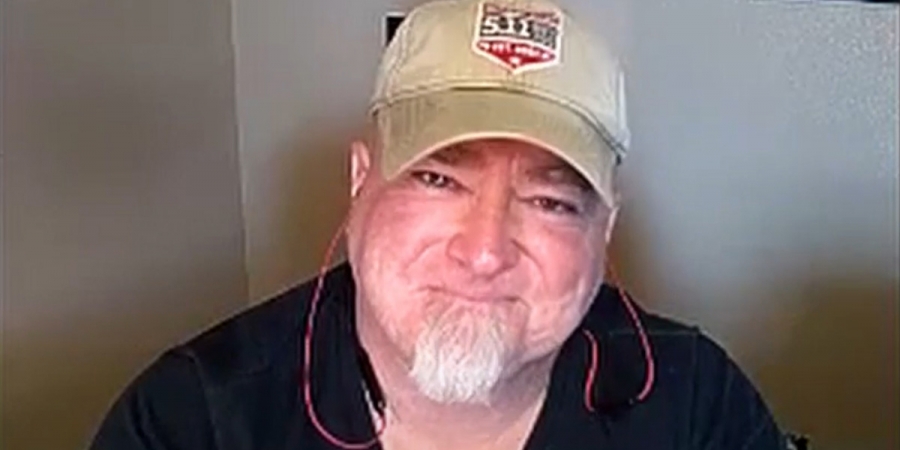

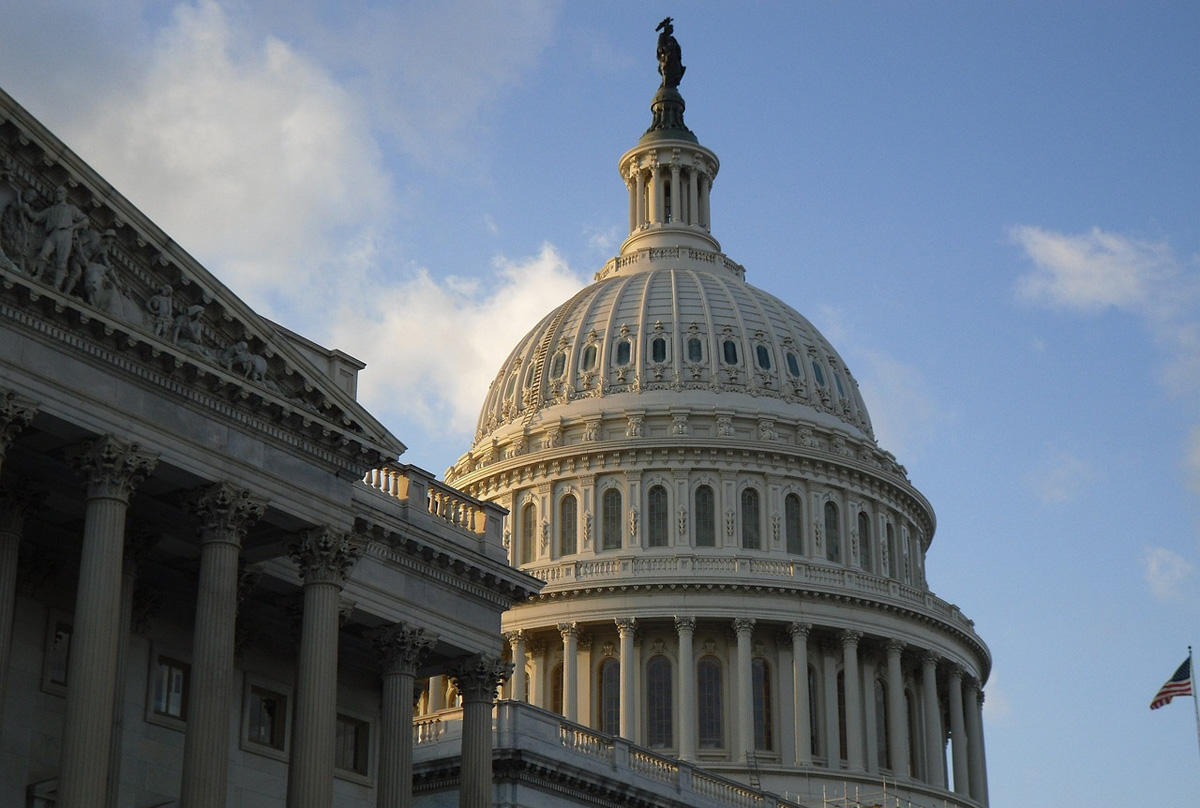
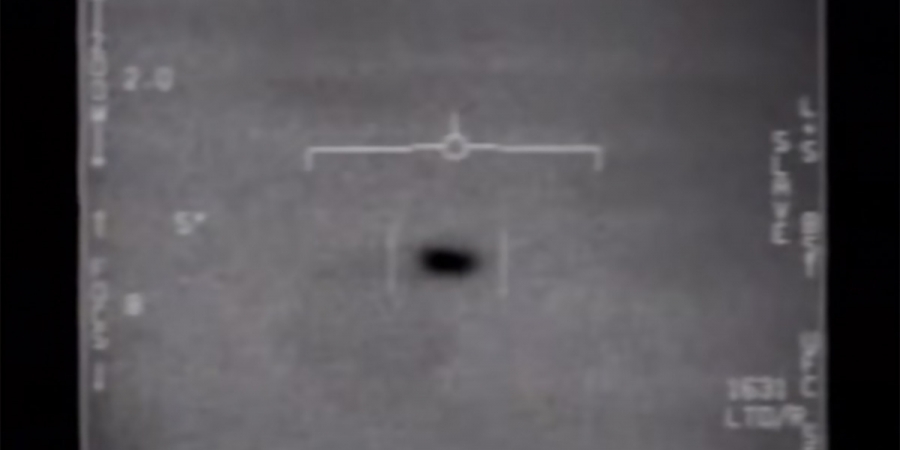

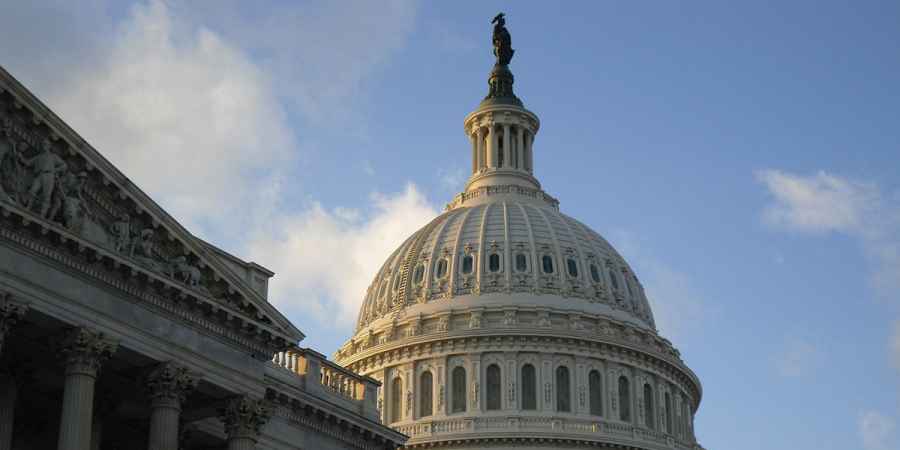
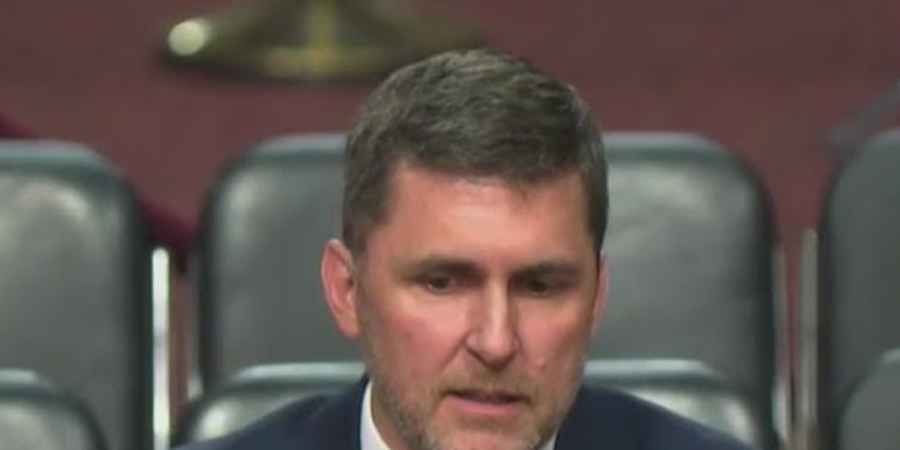


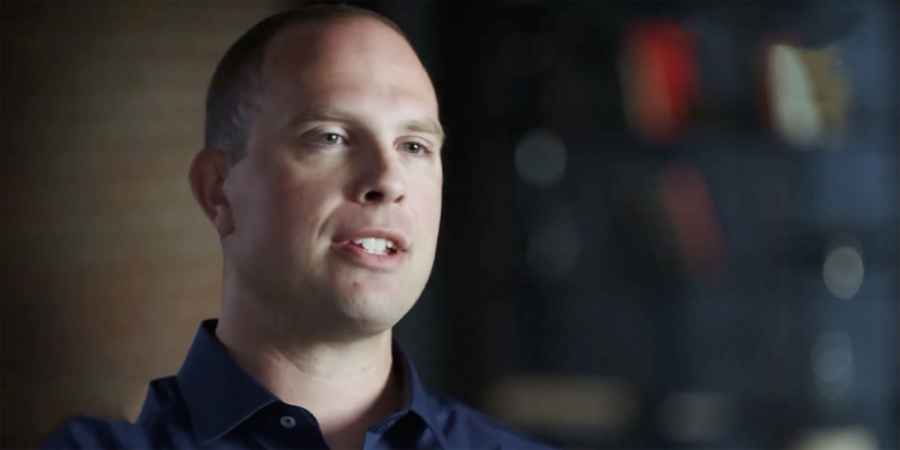

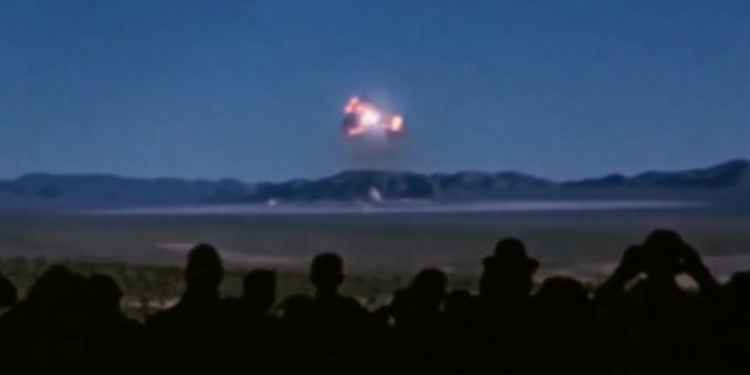
 See More on Audible
See More on Audible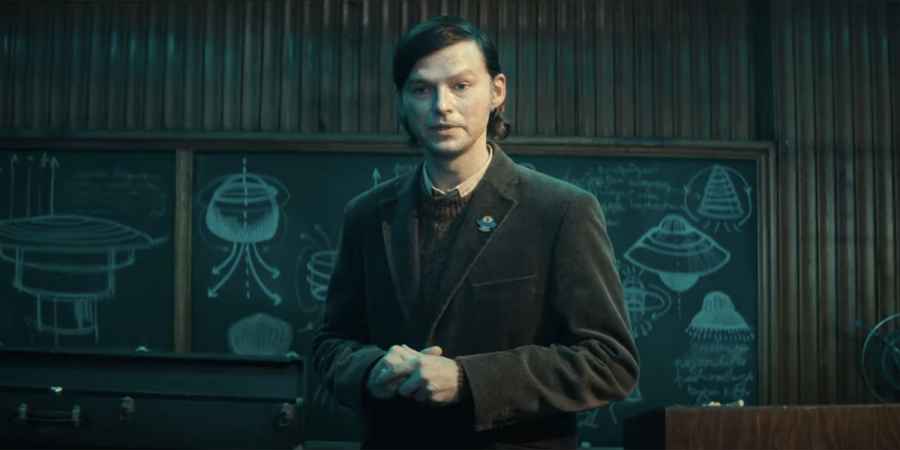

Comments
Want To Join The Conversation?
Sign in or create an account to leave a comment.
Sign In
Create Account
Account Settings
Be the first to comment.